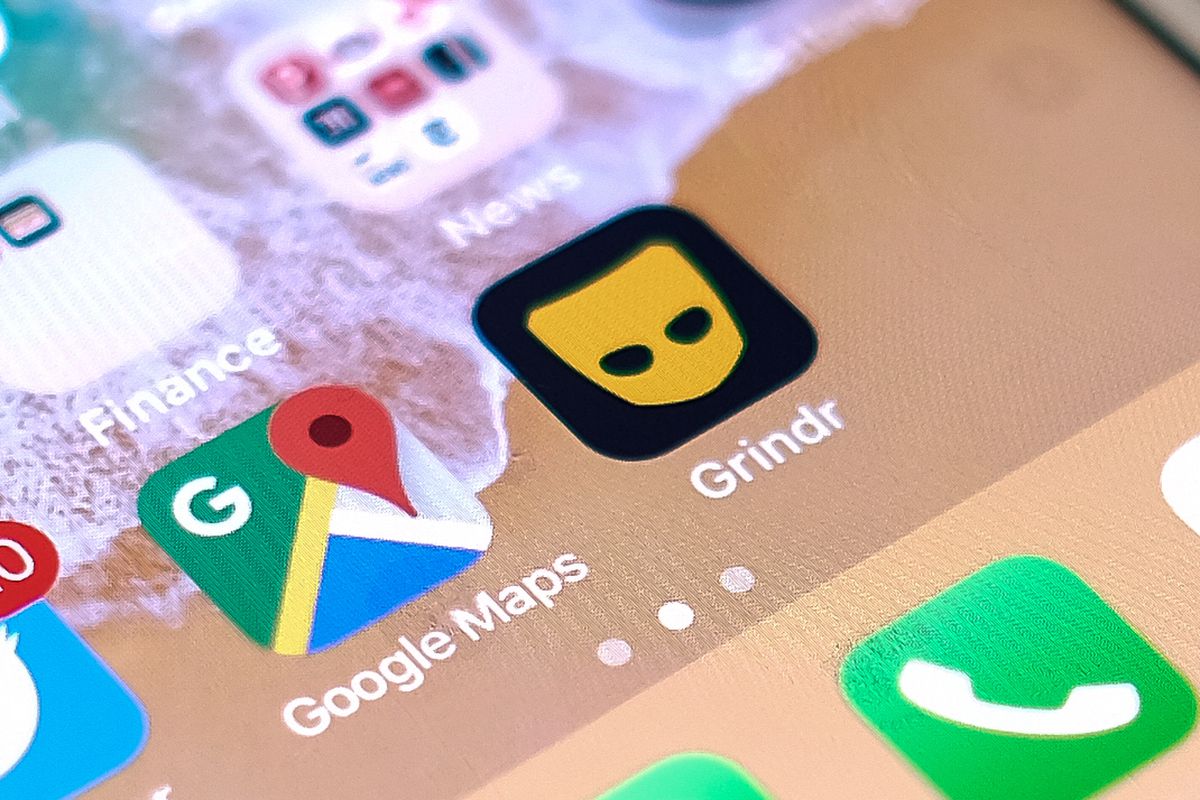News
Beaten, Robbed and Left for Dead: Grindr Attacks Put South Africa’s Queer Community on Edge

What was supposed to be a date turned into a nightmare. A 23-year-old student from Nelson Mandela Bay, who drives for an e-hailing service to make ends meet, thought he was meeting someone new from Grindr. Instead, he was beaten, robbed at gunpoint, and dumped in a field.
“I don’t feel safe anymore. I’m scared every single day,” he said softly, his voice carrying the weight of someone still replaying the ordeal. He asked not to be named for fear of retaliation.
His story is one of many. Across South Africa, queer men are being lured on Grindr, ambushed by groups of criminals, and left physically and emotionally scarred.
How the Attack Unfolded
The young man described how the ordeal began like any other chat. The Grindr profile used emojis instead of a name, nothing unusual on the app. After casual back-and-forth, he agreed to meet “Lloyiso” at a nightclub parking lot in Salsoneville.
What followed was a trap. A well-dressed man approached his car, claiming to be a friend. Minutes later, two others emerged, dragging him from his seat, hitting him, and threatening him with a gun. He was forced into the back of his own car, his bank cards and phone taken, and his PIN demanded.
“They drove around withdrawing money,” he recalled. “Eventually they dumped me in a field. I thought they might kill me.”
Too shaken to report the crime formally, he simply blocked his phone and tried to carry on with life. But the fear lingers.
A Familiar Pattern
Police spokesperson Captain Sandra Janse van Rensburg confirmed detectives are investigating multiple cases in Nelson Mandela Bay with a similar modus operandi.
The crimes aren’t new. In 2023, police arrested three suspects linked to Grindr-related robberies and extortion. But those cases collapsed when victims withdrew from court, often due to fear of stigma or further violence.
Today, the attacks are back and spreading.
In Johannesburg, a Wits University student was strangled and robbed after being lured to Jeppestown. In Cape Town, a 50-year-old man was abducted in June last year, while another was ambushed in Bo-Kaap after a Grindr meet-up.
Activists warn that these aren’t isolated incidents but part of a larger, organized effort to prey on queer men.
The Community Responds
Campus group Wits Activate has urged queer South Africans to boycott Grindr, arguing that the app has become a hunting ground for predators. Seven LGBTQIA+ organisations have echoed the call, citing the “Grindr Gang 7” case, a Johannesburg syndicate accused of abducting and extorting queer men in 2023.
Online, frustration is mounting. Many South Africans point out that these crimes thrive because victims fear reporting them, either due to homophobia in communities or mistrust of the justice system.
“People don’t understand how terrifying it is to report as a queer person,” one X user wrote. “You’re scared of the criminals, but you’re also scared of being treated badly at the police station.”
Grindr’s Silence
Questions sent to Grindr about the South African attacks have gone unanswered. In the past, the company has insisted it “takes the privacy and safety of users seriously,” publishing online safety guides and urging users to report suspicious activity.
But activists argue that’s not enough. Vision Tactical, a private security firm, has even called for Grindr to be banned in South Africa, saying the app is enabling criminals to target vulnerable groups.
The Larger Issue
Behind the headlines lies a deeper reality: queer South Africans remain dangerously vulnerable. While the country’s Constitution is celebrated for protecting LGBTQIA+ rights, lived experiences tell another story one where queer people face violence not just for who they are, but now for the apps they use to connect.
For the Walmer victim, the trauma has reshaped his life. What once felt like a simple way to meet people has become a source of fear.
“I don’t think I’ll ever use Grindr again,” he admitted. “It feels like putting yourself in danger.”
Until police investigations lead to real convictions, and until dating apps take stronger measures to protect users, Grindr meetups may remain a deadly gamble for South Africa’s queer community.
{Source: IOL}
Follow Joburg ETC on Facebook, Twitter , TikTok and Instagram
For more News in Johannesburg, visit joburgetc.com

















